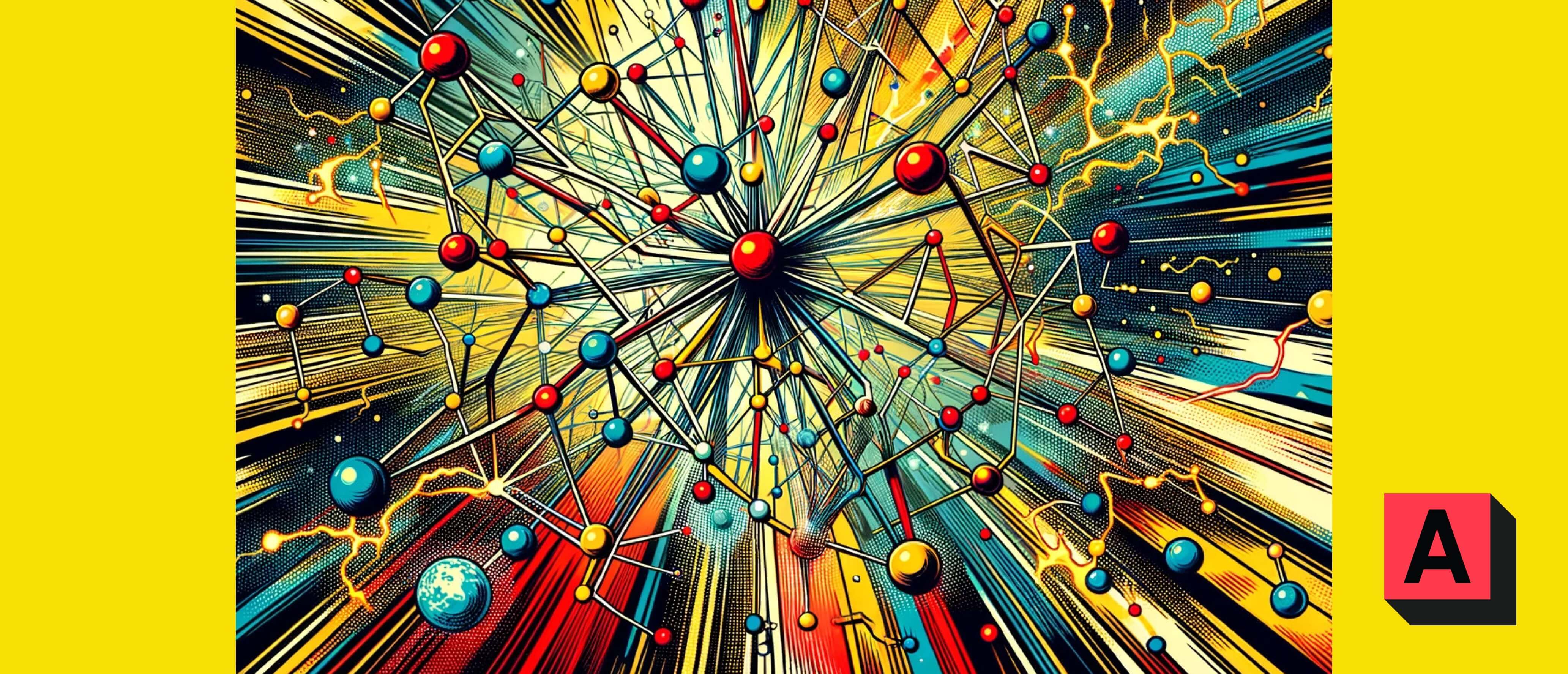AIBlock Network Node Types

Unlike Bitcoin's uniform full node miners, the AIBlock Network employs diverse node types to enhance functionality. This diversity ensures quick payment settlements, geographic diversity, lighter blockchain storage requirements, and facilitates token-for-asset payments.
Types at a Glance
Mempool Node: Collects transactions, bundles them into blocks, and validates mining partitions. Limited in number.
Miner Node: Similar to Bitcoin miners, responsible for mining new blocks and collecting rewards. Unlimited in number.
Storage Node: Stores the full blockchain history. Anyone can request it, but not mandatory for network participation. Limited in number.
Why Different Node Types?
Quick Payment Settlement
Bitcoin recommends a 6-block waiting time for payment validation due to its past-facing architecture. AIBlock, in contrast, achieves quick settlement by using Mempool nodes. These nodes coordinate transaction spending and verify ownership immediately, avoiding the need for orphan blocks or lengthy wait times.
Geographic Diversity
To overcome risks associated with mining concentration in one region, AIBlock places its Mempool nodes in different geographical regions. This prevents any single entity from affecting the network's functioning.
Lighter Storage Requirements
Unlike Bitcoin or Ethereum, joining AIBlock as a full miner doesn't require downloading the entire blockchain. Storage nodes handle this, allowing potential miners to participate without consuming large amounts of storage.
Token-For-Asset Payments
AIBlock's 2WT Blockchain records token payments for assets, unlike other blockchains with a past-facing architecture. Mempool nodes enable the inclusion of two "half-transactions" from different users in the same block, creating a unique present-facing architecture for the AIBlock network.